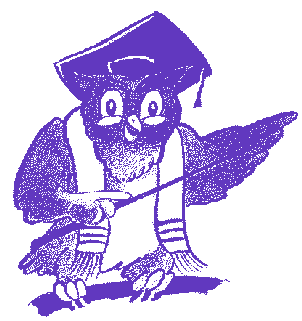
If you have a question for Dr. Wildlife please call us at (415) 494-SAVE or fax us at (415) 494-7413 or email us at and we'll answer it in the next issue.
Dear Dr. Wildlife:
My husband came across two coyotes while walking our weimaraner the other night (in Menlo Park near 280). He said the coyotes followed them for quite a while, keeping their distance but always watching. I thought maybe they were stalking him. Was he in danger?
- Worried Wife
Dear Worried:
First things first-don't worry. According to Kathy Hobson, our coyote expert, wild coyotes are very shy animals. "I've never heard of a wild coyote attacking a human," she says. "And it probably wouldn't attack a dog either." More likely, those two were just keeping an eye on your dog, protecting themselves by paying attention to where he was. The area your husband was walking in might have been a place where they hunt regularly-although not for anything quite as substantial as a weimaraner. In the Bay Area, coyotes generally eat small mammals-ground squirrels, rabbits, and mice make up 90% of their diet-although they'll snack on fruit and insects as well. More than anything, those two were probably just curious-and maybe a little scared to boot. Dr. Wildlife assumes that's how your husband and dog felt too.
Dear Dr. Wildlife:
Last year, my daughter and her friends found a baby bird on the playground at school. They brought it to their teacher, who looked it over and then put it back in some nearby bushes, saying that it was fine and that the parents would take care of it. I'm still wondering if she did the right thing.
- Anna's Mom
Dear Anna's Mom:
Although the details are sketchy, it sounds as if the bird your daughter found was a fledgling fresh out of its nest. And, while it's hard to believe, on the ground is exactly where a fledgling belongs-at least for a few days or so. See, there's a time in every young bird's life when it jumps or falls out of the nest and lives on the ground for a few days, trying to get the hang of flying. Its parents continue to feed and care for it while it's down there, showing it where to look for food, hiding it under bushes, and protecting it if it's threatened. If you or your daughter find another baby bird this year, here's how to tell if it needs help:
